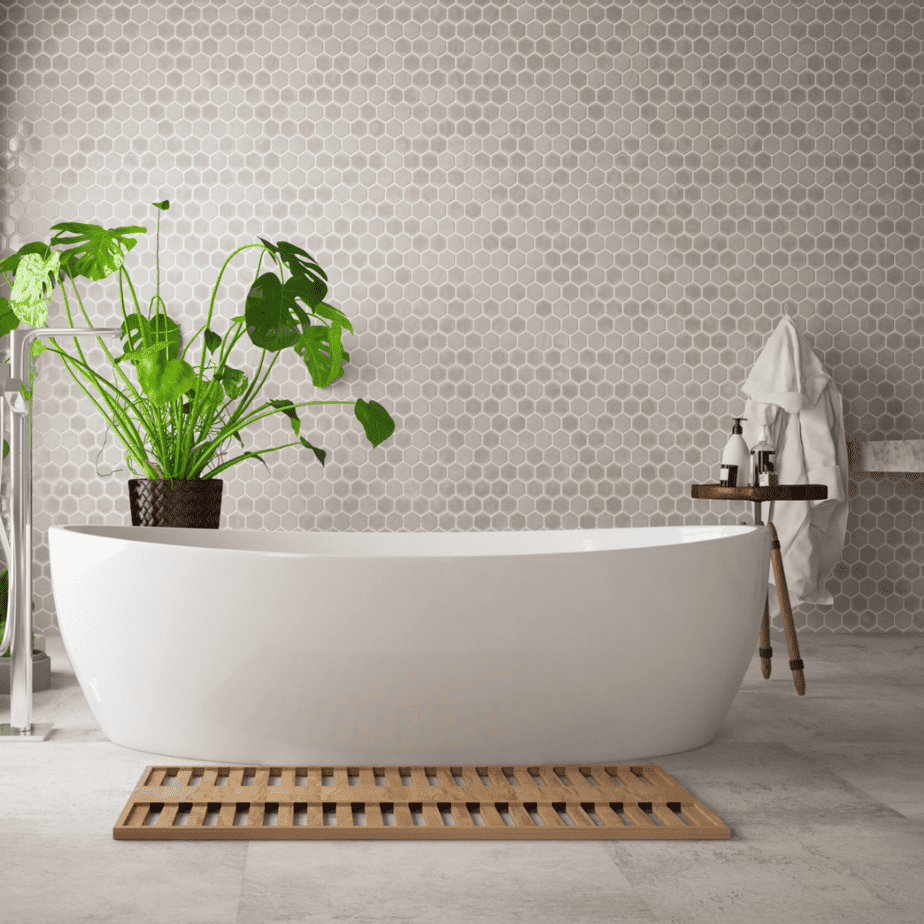
Nobody wants to live in a home that is damp and filled with mold but it is not an uncommon situation for a lot of Americans to end up in.
Dampness and mold can ruin your home and your health, so it is really important that you know how to deal with them if and when it arises, and if you know what you can do to avoid the problem in the first place.
With that in mind, below you will find some of the best tips for dealing with dampness in your home:
Improve your ventilation
One of the most common causes of dampness in the home is poor ventilation. When your home does not get enough air circulating around, the amount of humidity can quickly increase and the moisture that produces can cause dampness to become a problem. Opening windows, running extractor fans, and using a dehumidifier can all help with this.
Prevent leaks
Preventing leaks in your home is another key factor in dealing with and p[reventing dampness. Obviously, leaks are another source of moisture that will enable dampness to thrive, so whether it’s a swift hail damage repair to the roof or calling in a plumber to deal with a leaking pipe, the sooner you stop leaks in their tracks, the more chance you have of keeping dampness out of your home.
Cover cooking pots
Covering your cooking pots, or at least opening your kitchen window, will help to prevent steam from causing your home to become damp. Of course, if you have a kitchen extractor fan, then using that will be even better.
Fix your gutters
If your gutters are blocked, broken, or coming away from the walls, they will not be able to do the job they were made to do and prevent standing water from being a problem on your property. This could lead to rising dampness in your home if you are not careful. So, be sure to clean and maintain your gutters on a regular basis.
Clean any signs of mold
If you do notice any signs of dampness or mold in your home, then taking swift action to clean the area with a bleach/water solution is a good way of killing off any mold spores which can harm your health. It won’t deal with the damp – you will need to dry out your property and perhaps have a dampness treatment installed, in order to do that, but it will help to prevent that patch of dampness from becoming a real health hazard.
Inspect your home regularly
Regularly inspecting your home for any signs of excessive moisture, dampness or mold will help you to act quickly and put measures in place to stop the dampness from spreading and hopefully prevent it from harming your home or your health by doing so.
Dampness might be a common problem, but it does not have to be a problem you need to deal with!




Leave a Reply